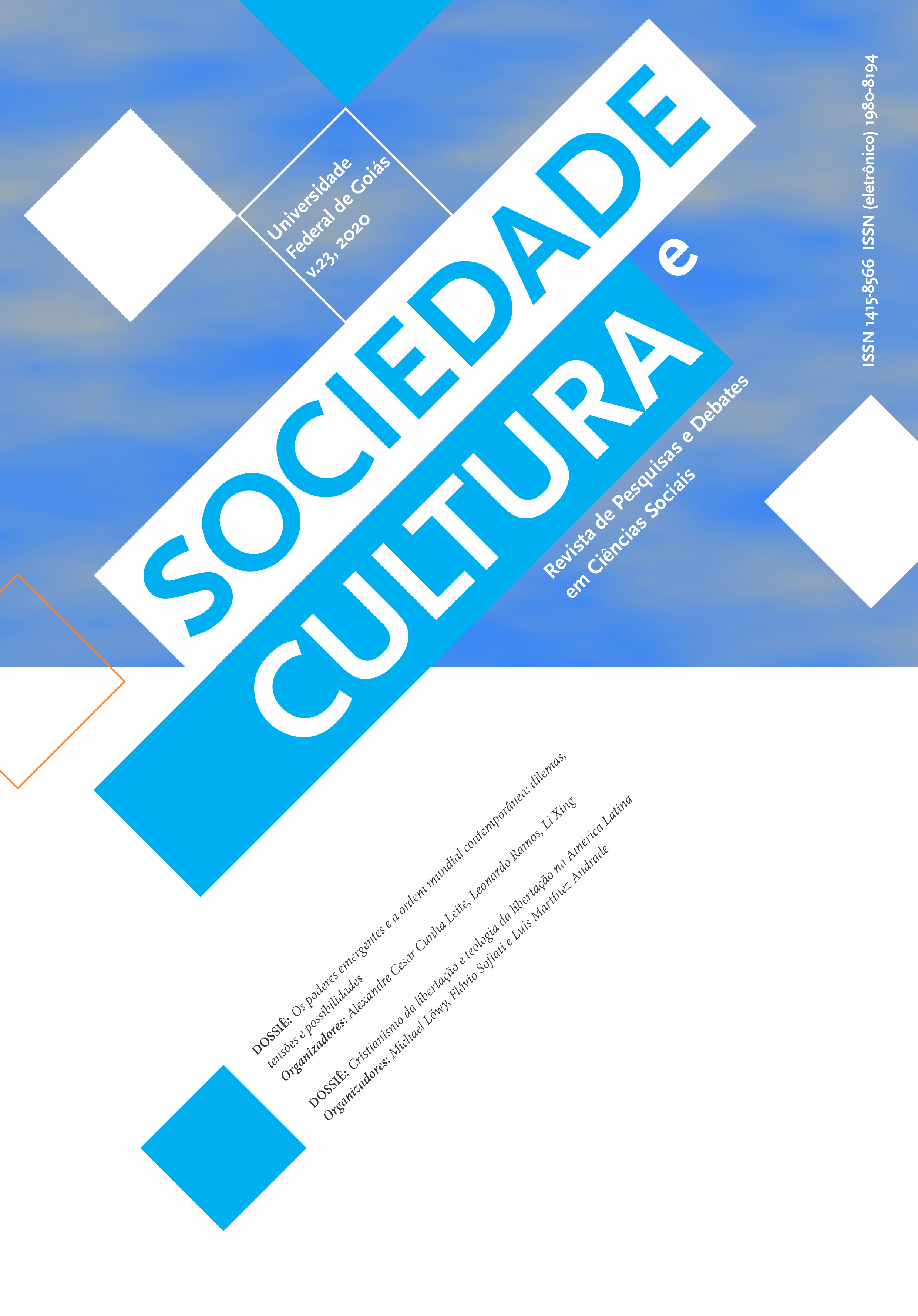The thread of memory: theological and political-religious practices of liberationist Catholicism in Argentina
DOI:
https://doi.org/10.5216/sec.v23i.60018Abstract
This article analyzes the uses of theologies in the configuration of liberationist Catholicism in Argentina from the post-dictatorship until the second decade of the 21st century, identifying two typical moments. The article begins with the analysis of the Theological Formation Seminars, nucleus of the liberationist Catholic space of the 1990s. Starting from the vindication of the figure of the martyrs and a theological reworking of a horizontal and participatory nature, we will show how this space updates the legacy of the Liberation Theology in the framework of the resistance to neoliberalism. We will present the points of contact and difference between the Liberation Theology, understood as continental intellectual current, and the Theology of the People, a variant nourished by the political-religious effervescences of Argentina. In the second moment, from the papacy of Francis, new political-religious militancies are activated that emphasize the intersection between popular religiosity and political organization of the popular sectors. The memory exercise appears as a common locus that ties different stages of dissident Catholic sectors. In methodological terms, the findings of this manuscript are supported by a four-year research on contemporary political-religious militancies, based on in-depth interviews, observation of events and analysis of secondary sources.
Downloads
Downloads
Published
How to Cite
Issue
Section
License
Authors who publish in this journal agree to the following terms:
- Authors retain the copyright and grant the journal the right of first publication, the work being simultaneously licensed under the Creative Commons Attribution License, which allows the sharing of the work with acknowledgment of authorship and of the initial publication in this journal;
- Authors are authorized to enter into additional contracts separately, for non-exclusive distribution of the version of the work published in this journal (eg, publishing in an institutional repository or as a book chapter), with acknowledgment of authorship and of the initial publication in this journal;
- Authors are allowed and encouraged to post and distribute their work online (eg, in institutional repositories or on their personal page) at any point before or during the editorial process, as this can bring productive change as well as increases the impact and the citation of the published work (see O Efeito do Acesso Livre).



